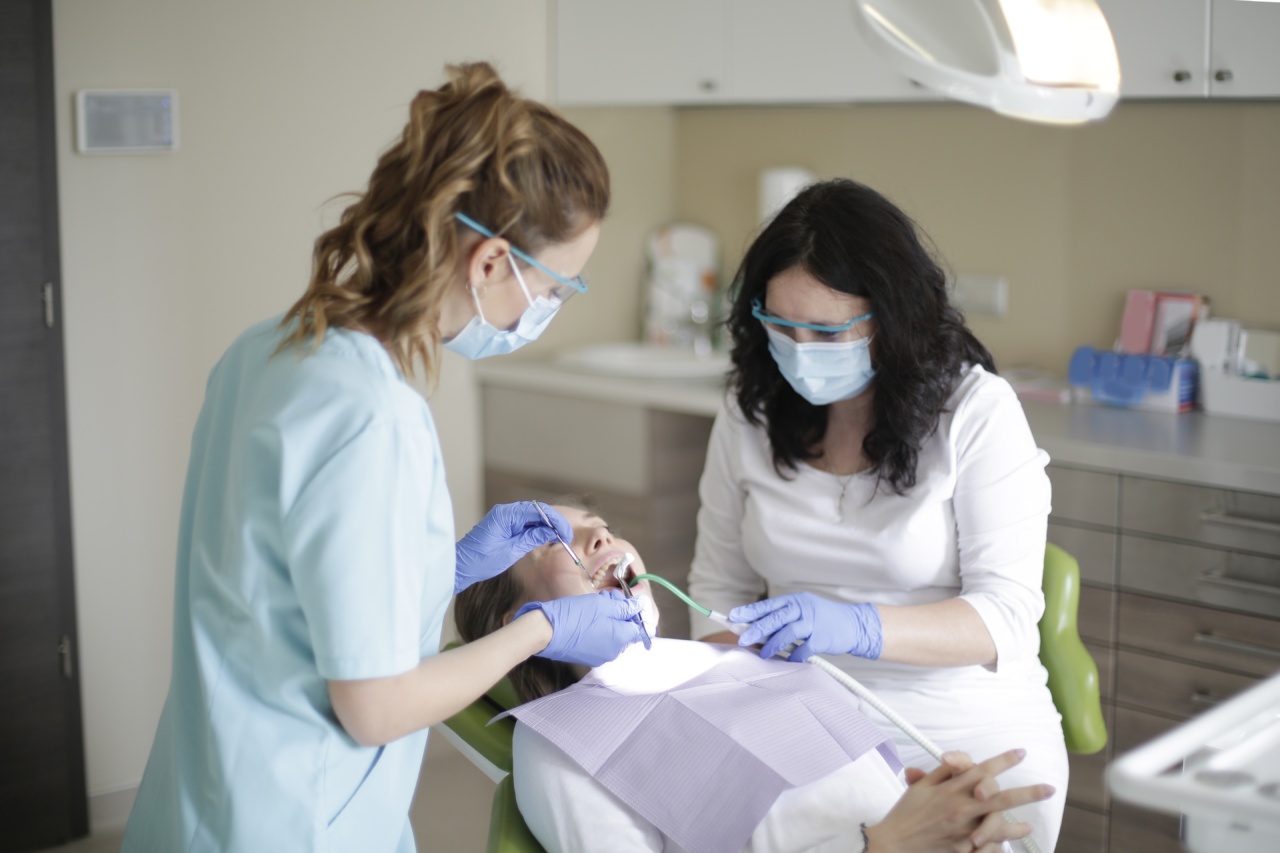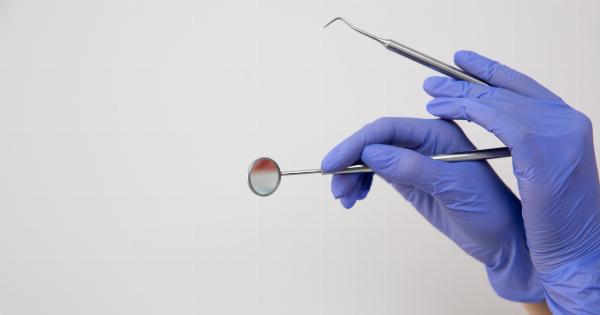Cancer is a dangerous disease that can affect anyone, regardless of age or gender. Oral cancer is particularly concerning because it can go undetected for a long time, leading to a delayed diagnosis and treatment.
Orthodontic cancer checks are one way to help prevent oral cancer. But when is the right age to start? Let’s take a closer look.
What is Oral Cancer?
Oral cancer is a type of cancer that affects the lips, mouth, tongue, and throat. It can develop in anyone, but it’s more common in people over the age of 40.
Oral cancer can occur due to a variety of factors, including smoking, excessive alcohol consumption, and HPV (Human Papillomavirus).
It’s important to note that oral cancer is highly treatable, especially if it’s detected early. This is where preventive orthodontic cancer checks come into play.
What Are Preventive Orthodontic Cancer Checks?
Preventive orthodontic cancer checks are routine examinations designed to detect early signs of cancer. During the examination, your orthodontist will examine your mouth, tongue, and throat for any abnormalities or signs of cancer.
If your orthodontist detects anything suspicious, they will recommend further tests, such as a biopsy, to determine if it’s cancerous or not.
Early detection is crucial for successful treatment, which is why routine preventive orthodontic cancer checks are important.
When Should You Start Preventive Orthodontic Cancer Checks?
Now that we know what preventive orthodontic cancer checks are, when is the right age to start them?.
The American Association of Orthodontists recommends that children have their first orthodontic examination by the age of 7.
This is because many orthodontic issues can be detected and corrected early on, which can prevent more serious issues later in life.
While cancer is not typically a concern for young children, it’s still a good idea to start preventive orthodontic cancer checks early on.
Not only does this establish good habits, but it also gives your orthodontist a baseline to work from and monitor any changes over time.
As you get older, your risk of developing oral cancer increases. This is why it’s important to continue with routine preventive orthodontic cancer checks throughout your life, regardless of your age.
What Else Can You Do to Prevent Oral Cancer?
While preventive orthodontic cancer checks are an important part of cancer prevention, there are other things you can do to reduce your risk. These include:.
- Avoiding tobacco and excessive alcohol consumption
- Eating a healthy diet rich in fruits and vegetables
- Practicing good oral hygiene, including brushing and flossing regularly
- Limiting your exposure to the sun to prevent lip cancer
- Getting vaccinated against HPV
By taking these steps and getting routine preventive orthodontic cancer checks, you can reduce your risk of developing oral cancer and increase your chances of successful treatment if cancer is detected.
Conclusion
Preventive orthodontic cancer checks are an important part of cancer prevention. While there is no set age to start, it’s recommended that children have their first orthodontic examination by the age of 7.
Continuing with routine preventive orthodontic cancer checks throughout your life can help detect early signs of cancer and increase your chances of successful treatment. By taking steps to reduce your risk of developing oral cancer and getting routine cancer checks, you can protect yourself and increase your chances of a healthy, cancer-free life.





























